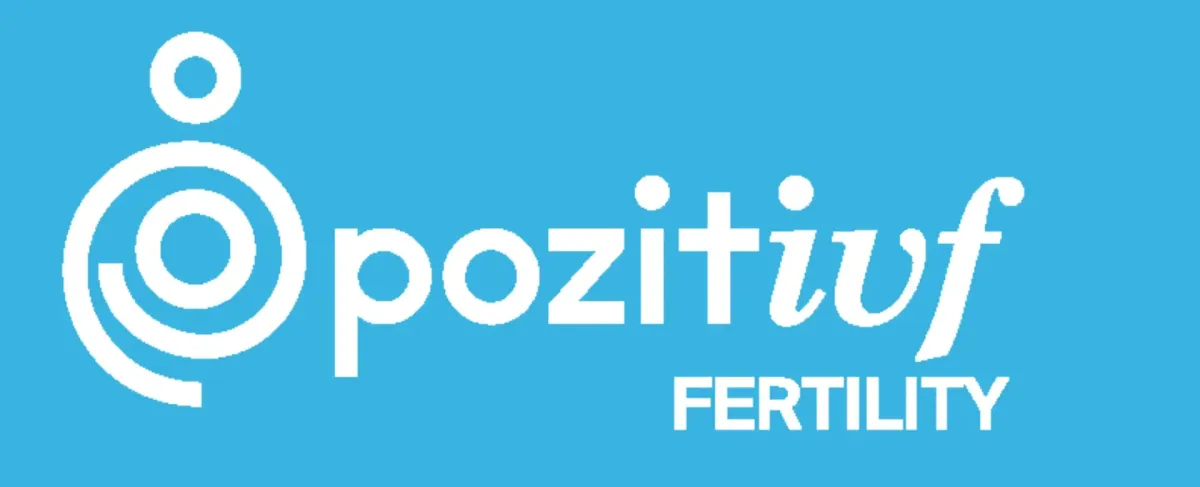
Welcome to Our Blog.
Insights and perspectives on fertility issues
and reproductive justice.

Helen Keller - Brilliance in the Darkness
Helen Keller - Brilliance in the Darkness

(b. June 27, 1880, Tuscumbia, Alabama – d. June 1, 1968, Easton, Connecticut)
Despite completely losing both her sight and hearing abilities at 19 months old, Helen Keller ultimately found her voice and purpose, surmounting all physical disabilities and becoming one of the most influential writers, humanitarians, and social activists of the 20th century.
At an early age, Keller began revealing her genius: by seven, she came up with over 60 sign language-like signals to communicate with the young daughter of her family’s cook and developed a keen ability to identify family members by the vibrations of their footsteps. It was at this age that Keller began receiving instruction from Anne Sullivan, a 20-year-old alum of the Perkins Insitute for the Blind.
In their first session, Sullivan gifted Keller a doll, spelling out d-o-l-l on the palm of Keller’s hand—her first lesson on words and meaning. Though Keller later describes this day as her “soul’s birthday,” the instruction initially proved fruitless, as Keller could not comprehend that items and features of our world had names or ways of being referred to. Confusion quickly turned into frustration and anger: an aggravated Keller threw multiple tantrums, even breaking a mug while Sullivan taught her the object’s word and meaning.
During an intense and especially exasperating session, a full month after their introduction, Sullivan placed Keller’s hand under cool, running water, spelling out w-a-t-e-r on Keller’s free palm. In an epiphanic moment, she finally understood the significance behind Sullivan’s methods—drawing the fruitful connection between word and meaning.
This educational awakening provoked an insatiable hunger for knowledge in Keller, clearly evidenced by her subsequent impressive academic record: by 16, having attended two institutions for deaf scholars, she decided to enroll in the prestigious Cambridge School for Young Ladies, where her academic performance caught the attention of distinguished intellectuals, including Mark Twain. Through him, Keller met Henry H. Rogers—an executive at Standard Oil—who, thoroughly impressed by Keller’s scholarly achievements, paid full tuition for her to attend Radcliffe College (the all-female counterpart to Harvard University).
After graduating cum laude at 24 years old, Keller devoted her life to the welfare of marginalized groups, namely women, deaf and blind individuals. She spoke out on political issues including women’s right to vote and pacifism; she testified in front of Congress, advocating for improved treatment and opportunities for visually impaired groups; she co-founded Hellen Keller International, an organization that delivers quality healthcare for the prevention and treatment of blindness and malnutrition; and she helped found the American Civil Liberties Union: a non-profit organization that, to this day, defends the constitutional rights of American citizens, with a particular focus on groups who have historically been denied those rights.
In addition to these enterprises, Keller traveled the world, visiting over 35 countries, delivering speeches on how to thrive through adversity, using her story to inspire millions at an international level. Her remarkable genius and unimaginable success continue to motivate us; At Positivf, her words help strengthen our efforts, reminding us every day that “Optimism is the faith that leads to achievement. Nothing can be done without hope and confidence.”




